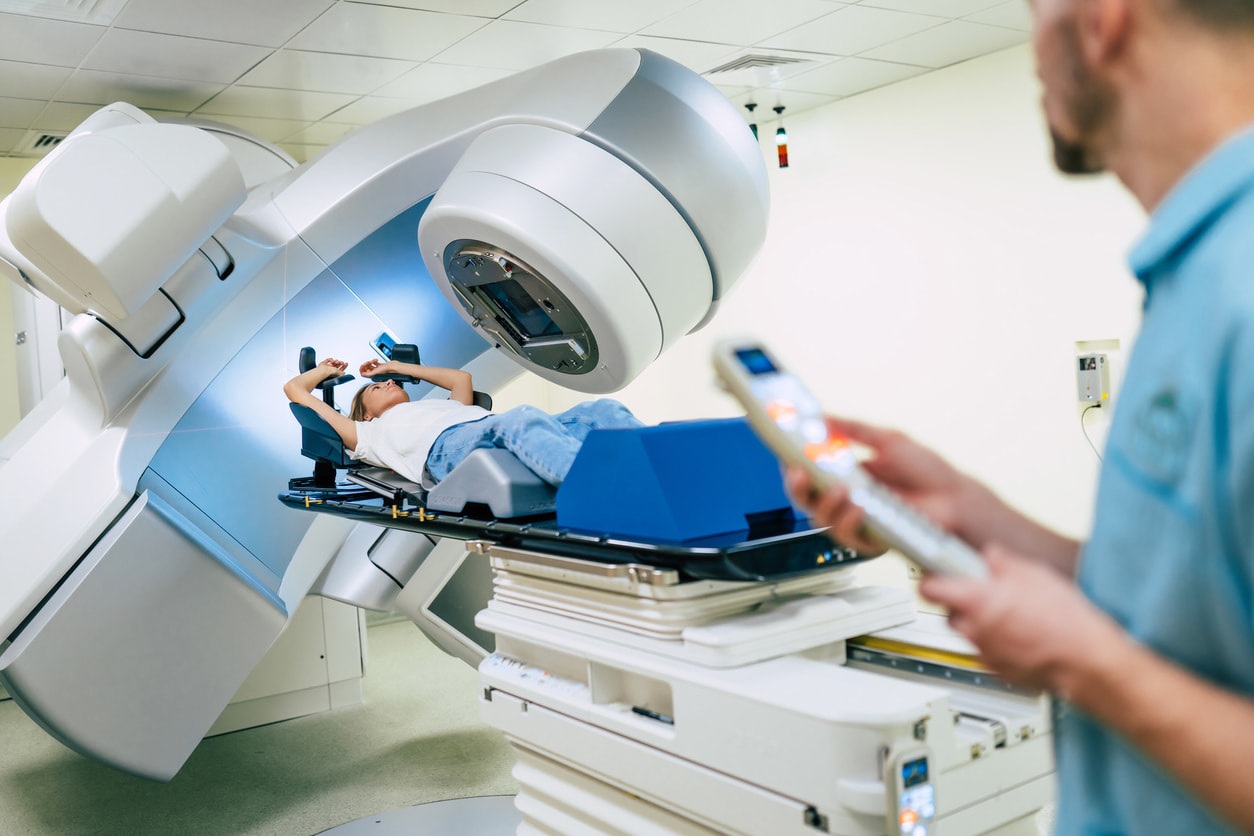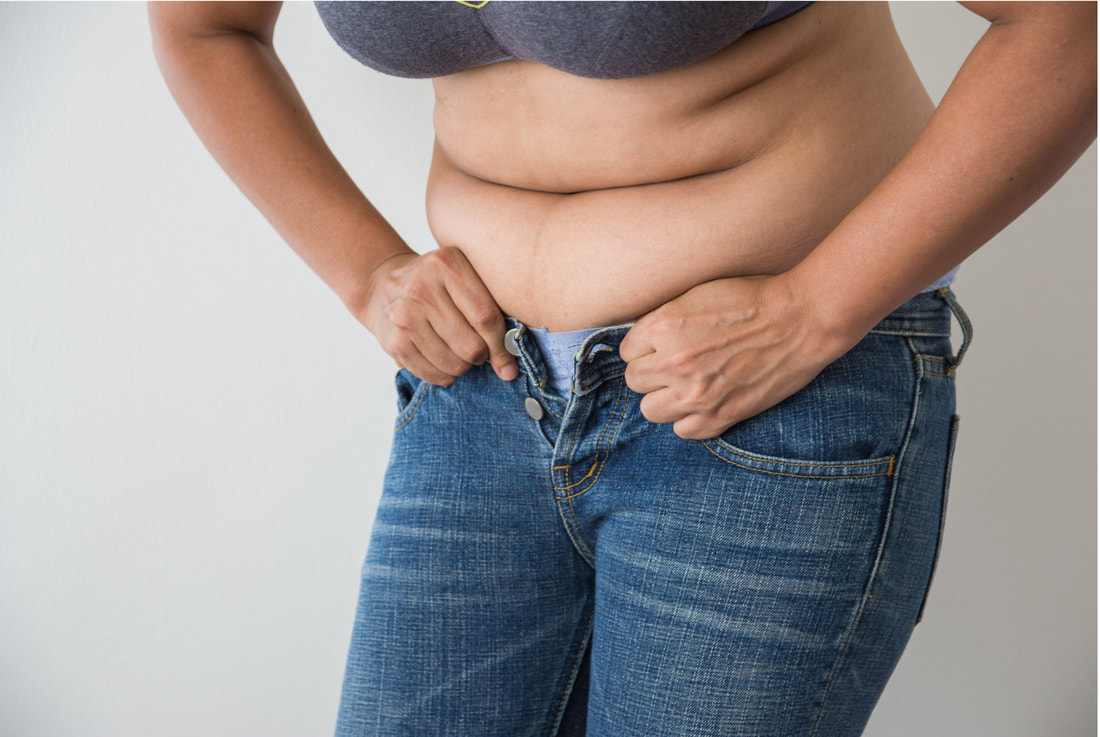Radiation therapy, a critical treatment for various types of cancer, often comes with side effects, including weight loss. In this post, we will share the reasons behind weight loss during radiation treatment, its potential extent, and its effects on a patient’s health. Properly managing these side effects is essential for sustaining quality of life throughout the course of treatment.

How Much Weight Do You Lose During Radiation Treatment?
The amount of weight loss during radiation treatment can vary significantly from person to person, depending on several factors:
- Type of cancer and location: Cancers that affect the digestive system, such as head and neck, esophageal, or gastrointestinal cancers, are more likely to cause weight loss due to difficulties with eating and absorption of nutrients.
- Area being treated: Radiation to the abdominal or pelvic regions can cause side effects like nausea, vomiting, diarrhea, and loss of appetite, contributing to weight loss.
- Radiation dose and technique: Higher radiation doses and larger treatment fields can increase the risk of severe side effects and subsequent weight loss.
- Individual factors: A person’s age, baseline nutritional status, and overall health can influence their tolerance to radiation and its side effects.

On average, studies have shown that patients may experience weight loss ranging from 5% to 10% of their body weight during radiation treatment. However, some patients may experience more significant weight loss, while others may not lose any weight or even gain weight.
The weight loss during radiation treatment is often temporary, and patients may regain the lost weight once the treatment is completed and side effects subside. However, if weight loss becomes excessive or compromises the patient’s health, nutritional interventions, such as dietary modifications, oral nutritional supplements, or even temporary feeding tubes, may be recommended to ensure adequate nutritional intake during treatment.
Contents
What You Can Do To Minimize Weight Loss During Radiation Treatment?
Radiation treatment can be a tough journey, and weight loss is a common concern for many patients. While radiation itself doesn’t directly cause weight loss, the side effects it can trigger can make it difficult to eat and absorb nutrients, leading to unintended weight loss.
Here are some things you can do to minimize weight loss during radiation treatment:

1. Proactive Nutrition:
- Talk to your doctor or a registered dietitian: Before treatment begins, consult a healthcare professional specializing in nutrition. They can assess your needs and create a personalized plan to manage side effects and ensure adequate nutrition throughout treatment.
- Plan your meals: Anticipate potential difficulties and plan meals accordingly. Focus on smaller, more frequent meals that are easier to digest, especially if you experience nausea.
- Stock up on nutritious, easy-to-eat options: Having readily available, calorie-dense foods on hand can be helpful on days when preparing meals feels challenging. Some good options include:
- Soft foods: Mashed potatoes, yogurt, applesauce, scrambled eggs
- High-protein options: Greek yogurt, cottage cheese, nut butters, Ensure or other nutritional drinks
- Fruits and vegetables: Opt for softer options like bananas, berries, cooked vegetables
2. Combatting Side Effects:
- Manage nausea and vomiting: Talk to your doctor about medications to manage nausea and vomiting. These can significantly improve your appetite and ability to keep food down.
- Soothe mouth sores: Mouth sores can make eating uncomfortable. Use a gentle mouthwash, gargle with salt water, and choose soft, bland foods to minimize irritation.
- Stay hydrated: Dehydration can worsen some side effects and decrease appetite. Aim for at least 8 glasses of water per day. Consider electrolyte-rich beverages if you experience fluid loss due to vomiting or diarrhea.
3. Maintaining Calorie Intake:
- Focus on nutrient-dense calories: Prioritize healthy, calorie-rich foods that provide essential nutrients your body needs to fight off infection and recover from treatment. These include:
- Complex carbohydrates: Whole grains, starchy vegetables, legumes
- Healthy fats: Avocados, nuts, seeds, fatty fish (salmon, tuna), olive oil
- Lean protein: Chicken, fish, beans, lentils, eggs, low-fat dairy products
- High-calorie snacks: Include healthy, calorie-dense snacks throughout the day to boost your overall calorie intake. Examples include nuts, nut butters with whole-wheat crackers, or smoothies made with fruits, vegetables, yogurt, and protein powder.
- Liquid calories: Smoothies can be a convenient way to add extra calories and nutrients to your diet, especially on days with reduced appetite.
Frequently Asked Questions
What should I avoid during radiation treatment?
To protect sensitive skin during radiation, try to prevent clothing or bandages from rubbing against treated areas. Opt for fabrics like cotton that allow your skin to breathe. If receiving radiation in the pelvic region, refrain from wearing pantyhose.
How does weight loss from cancer appear?
Weight loss due to cancer, also known as cancer cachexia, usually involves loss of both muscle and fat. This can lead to weakness, fatigue, and difficulty in performing usual activities. Those suffering from cancer cachexia may look considerably thin and may also experience nutrient deficiencies.
What causes rapid weight loss in cancer patients?
Cancer can cause rapid weight loss due to increased energy demands by cancer cells. Your body may burn more calories even at rest, and these cancer cells can release substances affecting your body’s utilization of calories, leading to weight loss.
Will I feel sick after my first radiation treatment?
Some individuals may experience an upset stomach or feel generally unwell for a few hours following their first radiation treatment. It is important to report any symptoms to your healthcare provider.
Is full recovery from radiation possible?
Yes, damaged healthy cells often recover within a few months after radiation treatment ends. However, some people may experience persistent side effects. On rare occasions, side effects may appear months or years following radiation therapy, termed ‘late effects’.

Hello, I’m Ravindra. Over the years, I’ve immersed myself deeply into the world of fitness and health, transforming both my body and mind. Writing has allowed me to share my journey, insights, and expertise with those just starting out and seasoned fitness enthusiasts alike. Beyond just routines and diets, I believe in inspiring others to adopt a holistic approach to well-being.
